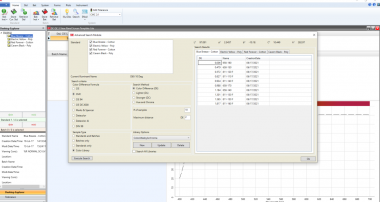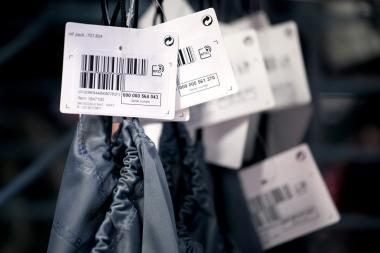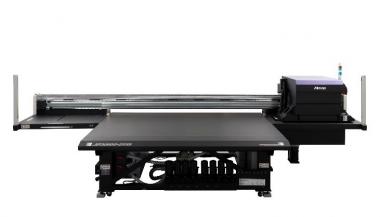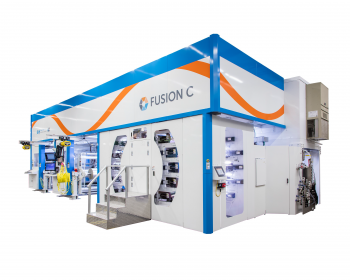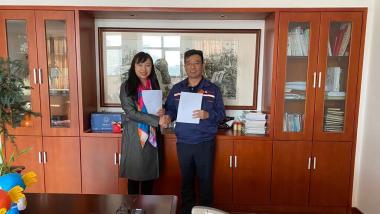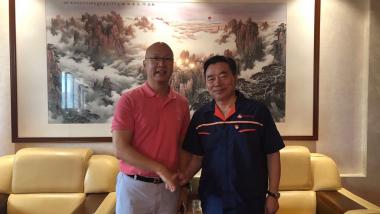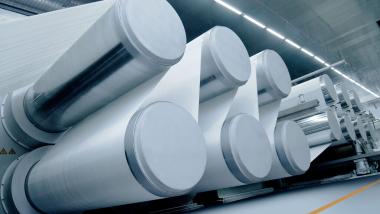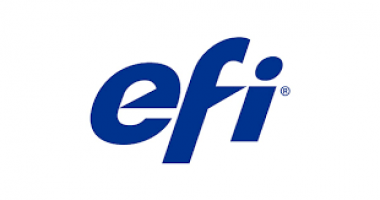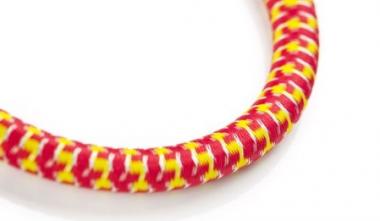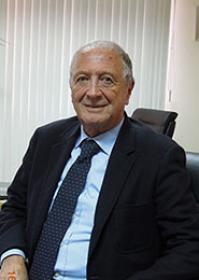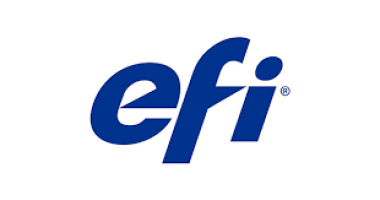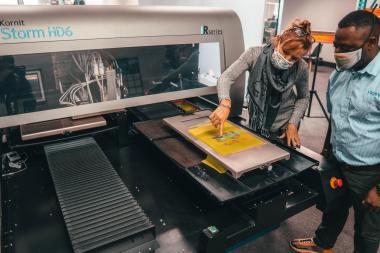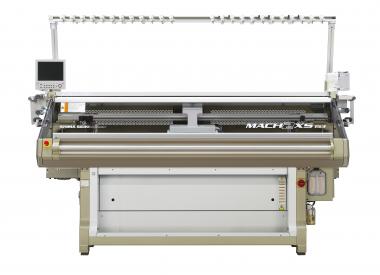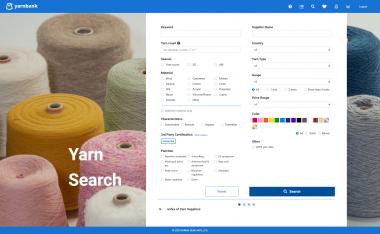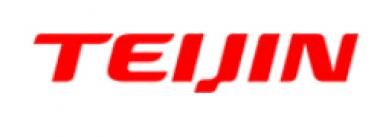Sateri continues its collaboration with Infinited Fiber Company
Sateri, one of the world’s largest viscose producers and a member of the RGE group of companies, continues its collaboration with Infinited Fiber Company, a textile fibre technology group based out of Finland, and participated in the company’s latest EUR30 million funding round completed on 30 June 2021. In addition to existing investors like Sateri, Infinited Fiber Company has attracted new investors including adidas and BESTSELLER.
This securement of new funding follows Infinited Fiber Company’s April announcement of plans to build a flagship factory in Finland in response to the strong growth in demand from global fashion and textile brands for its regenerated textile fibre Infinna™. The factory, which will use household textile waste as raw material, is expected to be operational in 2024 and to have an annual production capacity of 30,000 metric tons. The new funding enables Infinited Fiber Company to carry out the work needed to prepare for the flagship factory investment and to increase production at its pilot facilities in the years leading to 2024. The engineering progress supported by the additional funds also accelerates Infinited Fiber Company’s ongoing collaboration and potential technology licensing with Sateri.
Sateri strategically contributes to RGE’s commitment and strategic business direction. Sateri has developed and produced a diverse range of circular and sustainable products including Lyocell and FINEX™, which is made from recycled textile waste. The in-house R&D efforts and the investment in Infinited Fiber Company are part of RGE’s $200 million investment commitment to advance next-generation textile fibre innovation and technology.
Sateri / Omnicom Public Relations Group









